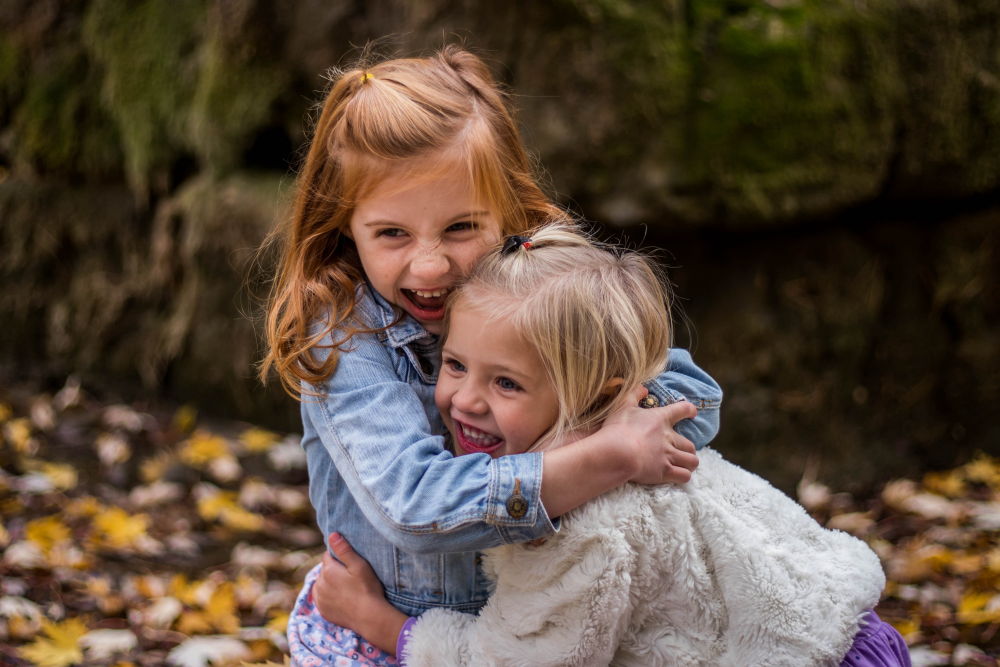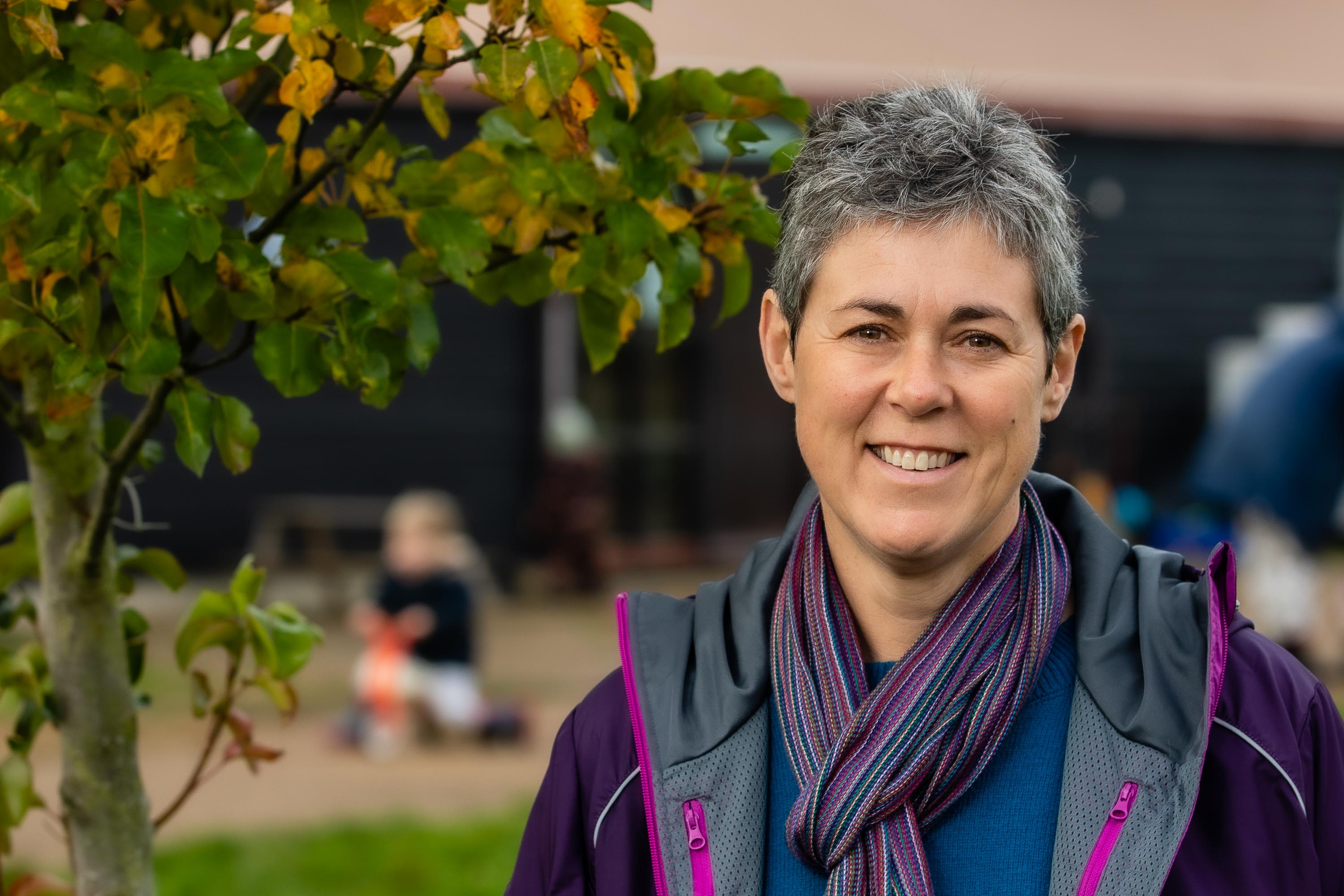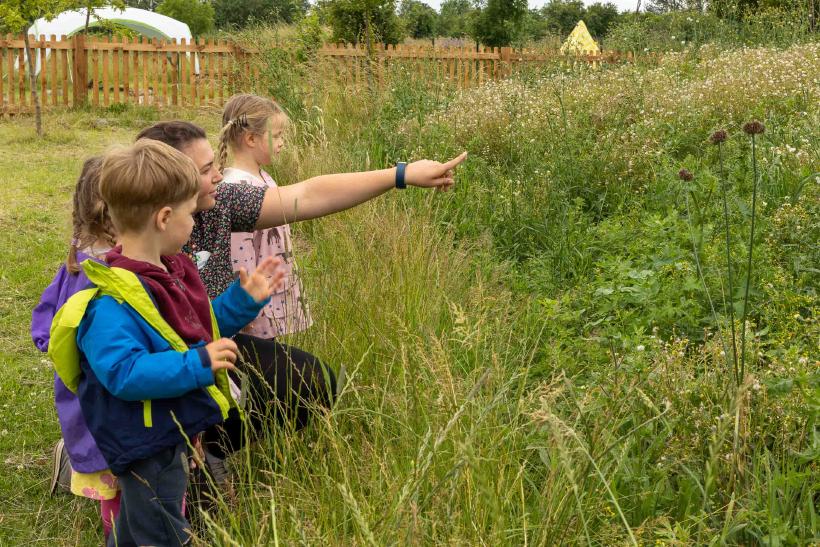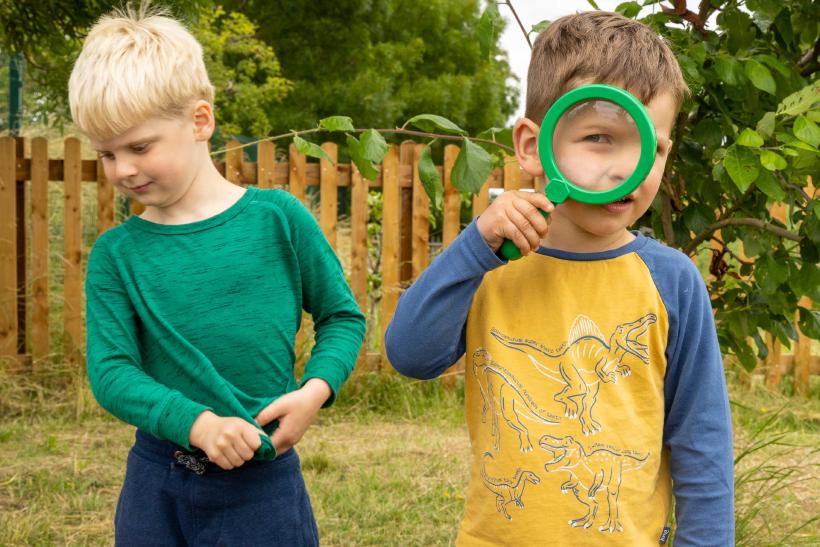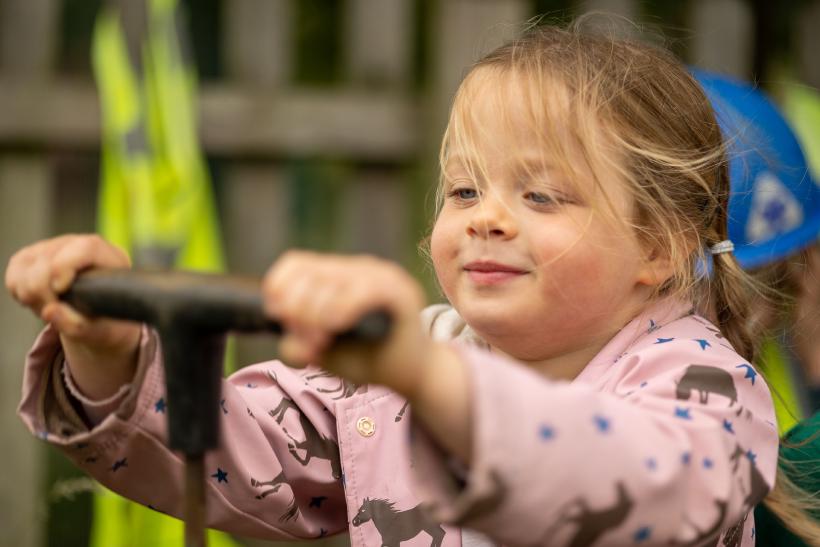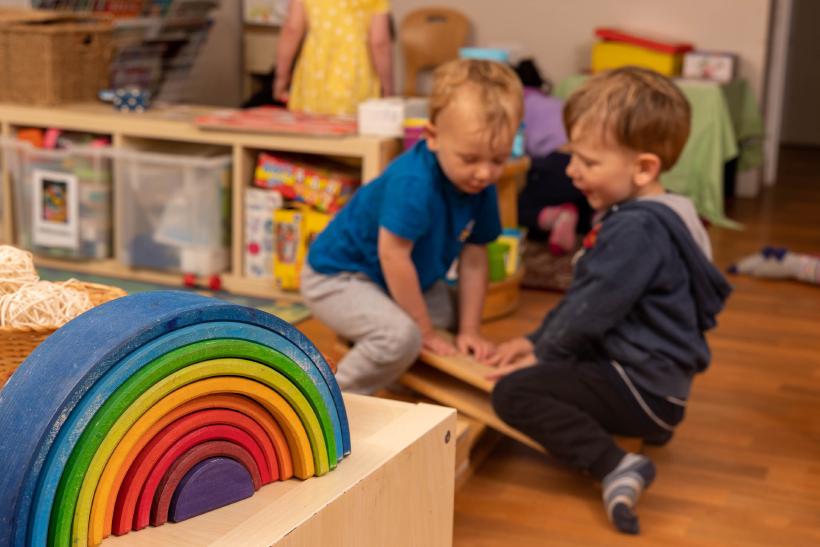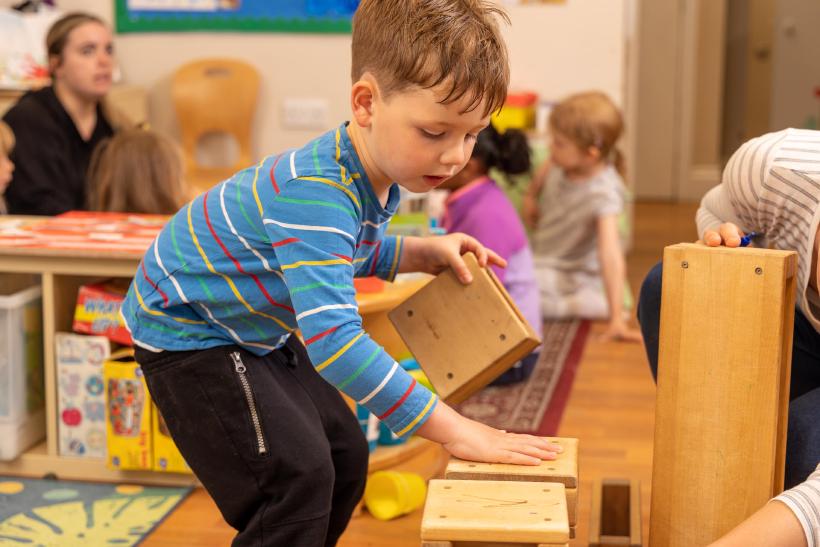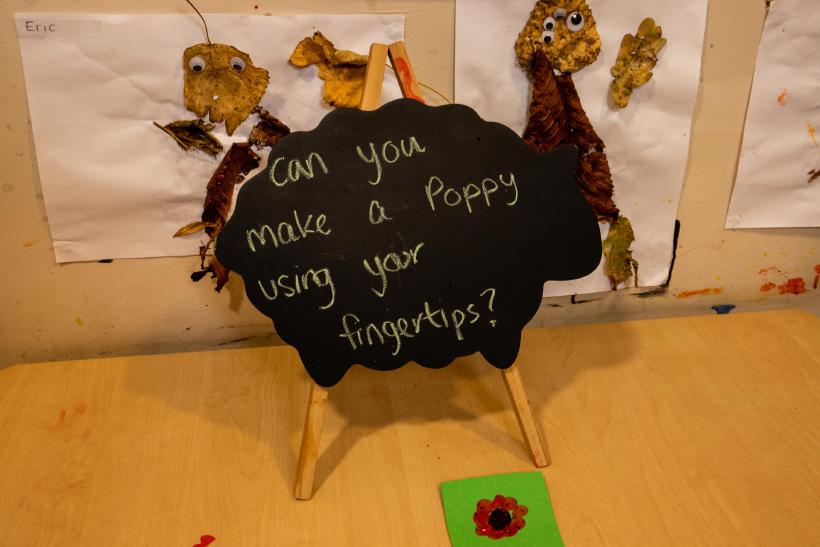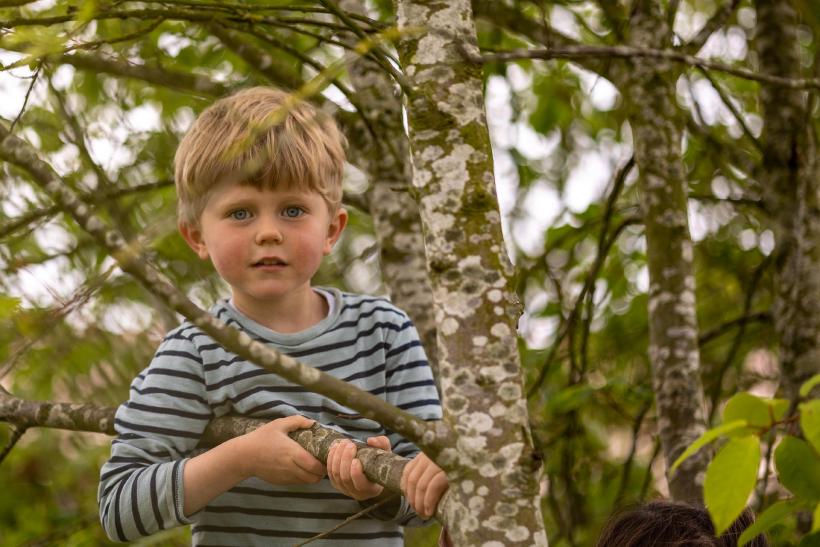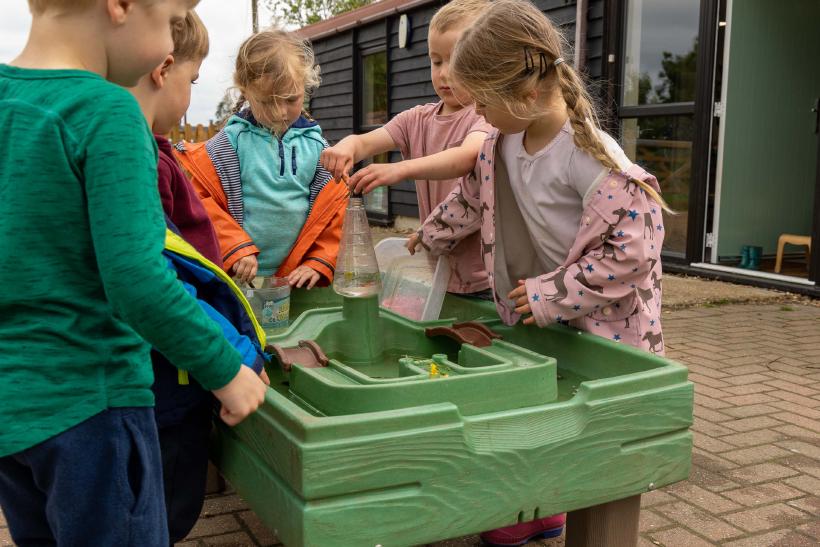It’s completely normal for you to be anxious about how your child will cope when they start school, and for your child to be unsure about it as well. No matter how well you can act, even Nicole Kidman or Jonny Depp would find it hard to pretend that they’re cool with it all and hide all their nerves.
Don’t worry, read these tips to help in the first months and don’t sweat the small stuff.
-
Don’t worry if your child’s group of friends are split into different classes. Shifting friendships are a part of life, no matter how carefully everyone, you may find that your child’s best friend moves to a new house and school or finds another child who they prefer to play with. Show your child how to make friends, for example role play asking if they can join in with a game that others are playing.
-
Don’t worry if your child’s group of friends are split into different classes. Shifting friendships are a part of life!
-
Do go and help at school if you have time, get to know your child’s friends, it’ll make talking to them about their time at school much more natural and interesting. It really helps you get to know the staff as well.
-
Don’t be that pushy parent. Being third Christmas tree is no worse than being Mary, in fact Mary isn’t a great role, she doesn’t get to say anything.
-
Protective parent. Do defend your child but stay as their advisor for friendship issues, try not to take sides, but do validate their feelings. You can say ‘I can see how upsetting that is’. This will help diffuse situations much more quickly and mean that if you do have to talk to other people you can do so in a balanced and calm way, seeing both sides.
-
In front of all the children show that you trust and back the teachers, disagree with them in private. They are in loco parentis and like parents must present a united front wherever possible.
-
Help your child develop organisation strategies; use white board, post it notes, reminders on devices so they know when to take PE kit, dressing up kit etc.
-
Be sensible with their belongings. There is no point in giving young children a lovely phone, if they must have one at all (advisable only at an older age) make the phone a sturdy one, not fun to play on, not flash enough to invoke jealousy and cheap to replace.
-
Remember how tired you are after a day at work, well your children will feel the same. Don’t overfill their non-school hours, even if they want lots of out of school activities make sure they have some free time, it’s as important as the ‘taught stuff’.
-
Remember how tired you are after a day at work, well your children will feel the same.
-
Label everything that can be separated from your child. Keep a permanent marker to hand, you can be sure that the day you buy gloves because it’s turned cold is the day that they will be lost, and every other child will have identical ones because we all shop at the same local stores.
-
Your children’s childhood isn’t a competition, show them that joining in is what matters, no one remembers who won the Easter Bonnet parade or 100m at sports day but they do remember the tantrums when someone didn’t!
-
Let your child tell you about their day, no interrogations, you won’t know everything that happened to them, that’s natural, if they tell you the important things that’s great. Try chatting later, over dinner or when they are in the bath.
-
Practical skills can be learnt at home, practice getting changed into and out of sports kit. Show your child how to take off a jumper, trousers etc without turning the item inside out. Let them carry their school bag and coat and hang them up at home and school by themselves. Show them how to put their discarded clothes into a pile and not to fling them into the air along with 29 other identical items.
-
You can also practice the walk to school before they start, take your time, allow an extra five minutes and enjoy it.
-
Practice your walk to school — make them familiar with the routine.
-
Don’t be a competitive parent, what level each child is reading at, their competence in maths and their sporting prowess aren’t a measure of them as a person, remember that the ‘soft’ unmeasurable skills are what lead to a happy person.
